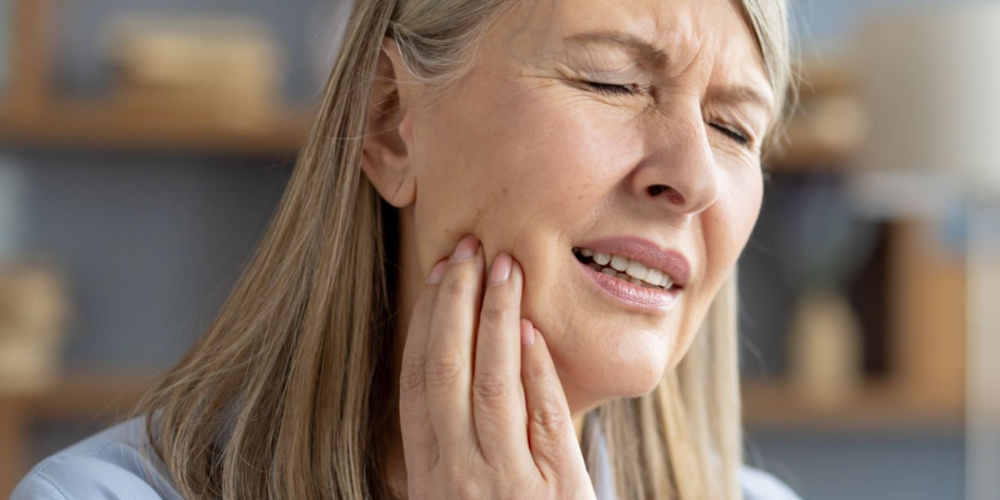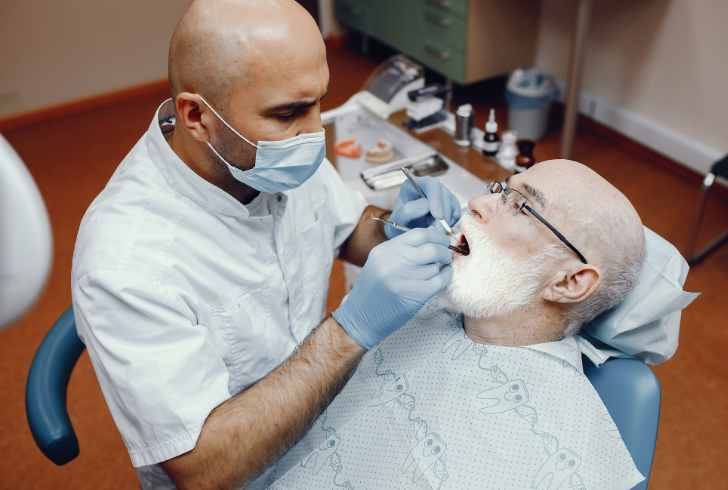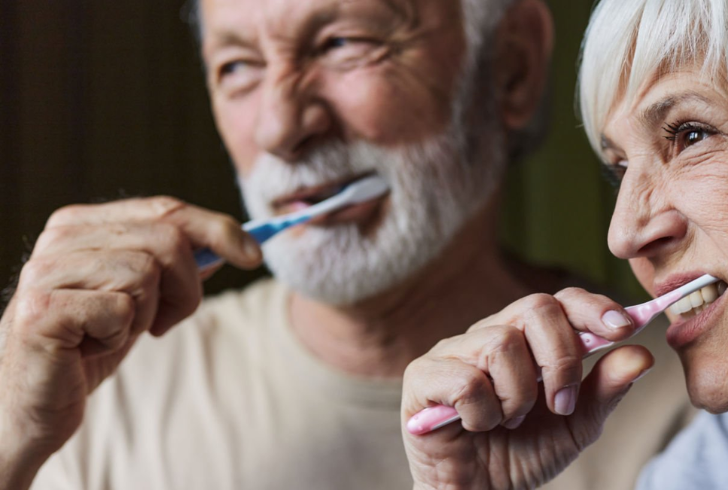
Does Aging Cause Dental Problems?

Aging doesn’t automatically mean losing teeth or developing gum disease. In fact, older adults today are holding onto more of their natural teeth than previous generations ever did. But with that progress comes a different set of challenges—and they’re not always tied to age itself.
The real story behind dental problems in older adults is more complex than just birthdays and gray hair. Underlying health issues, medications, and lifestyle changes all play a significant role. Understanding these factors can make a big difference in how people care for their teeth well into their later years.
More Teeth, More Maintenance
The number of seniors retaining their natural teeth has improved dramatically. Data from the National Institute of Dental and Craniofacial Research shows that tooth loss among those 65 and older dropped from 32% to 17% over the past two decades. For people over 75, that number went from 38% to 22%.
While this is a major step forward, it also means there are more teeth at risk. Natural teeth can develop problems like cavities, root decay, and periodontal disease—all of which become harder to manage if daily care becomes more difficult.
Quick stat: Around 66% of adults aged 75+ have periodontitis, a serious form of gum disease.
Why Age Isn’t the Whole Story

Freepik | Oral health issues like decay and gum disease are primarily amplified by age-related health conditions.
Tooth decay and gum disease aren’t caused by aging alone. The bigger issue is how aging affects overall health.
As people get older, they often develop chronic conditions such as:
– Diabetes
– Heart disease
– Osteoporosis
Managing these usually means taking multiple medications. Many of these—even common drugs for allergies or anxiety—can reduce saliva production. This condition, known as dry mouth, can drastically increase the risk of cavities.
SSRIs, for example, are a group of antidepressants that not only reduce saliva but can also lead to tooth grinding. Over time, this can wear down enamel and lead to tooth sensitivity and damage.
Over 30% of adults 60+ experience dry mouth regularly.
Other Health Factors
Daily brushing and flossing routines often get disrupted by health changes. Arthritis, tremors, and other mobility issues can make it difficult to hold a toothbrush or clean teeth thoroughly. People with cognitive decline may forget to brush or miss early signs of a problem like bleeding gums.
In one study, 96% of homebound elderly adults hadn’t visited a dentist since becoming homebound. This gap in care can lead to untreated dental problems and, eventually, tooth loss.
Gum recession is another issue that becomes more common with age. When gums recede, they expose more of the tooth’s root, which is less protected and more likely to decay.
Tools and Techniques That Actually Help
Good dental care doesn’t need to stop with age. There are practical tools that make daily hygiene easier, especially for older adults with reduced dexterity or mobility:
– Electric toothbrushes with timers help ensure thorough cleaning.
– Interdental brushes can reach areas that a floss might miss.
– High-fluoride varnishes can protect vulnerable roots from decay.
– Oral rinses and irrigation devices help remove debris and bacteria.
– Night guards may prevent grinding damage during sleep.

Freepik | To eliminate all plaque, dentists suggest brushing, flossing, and then brushing again after meals.
For seniors dealing with gum recession, high-fluoride varnish treatments can significantly reduce new decay. A VA study in 2022 showed a 29% reduction in decay over three years when varnish was applied to exposed roots.
Dentists recommend brushing after meals, flossing, and even brushing again briefly afterward to ensure plaque is fully removed from between the teeth.
Keep Your Dentist in the Loop
It’s essential for older adults to keep their dental care team updated about changes in their health or medications. Even minor changes can impact oral health. Dentists can adjust treatment plans, recommend different tools, or suggest changes in hygiene routines based on these updates.
Dental professionals are also able to spot early signs of problems that may go unnoticed at home. That’s especially important for individuals with memory issues or reduced ability to communicate discomfort.
Consistent Care Makes the Difference
Dental health doesn’t have to decline with age. While aging brings changes that can complicate oral hygiene, most dental issues stem from preventable or manageable causes.
Key strategies include staying proactive with regular checkups, using the right at-home tools, and addressing medication side effects. Oral health can (and should!) remain strong for decades.
The goal isn’t just keeping teeth—it’s keeping them healthy, functional, and pain-free well into later life.
More inMedicare
-
`
Are Popular Diet Trends Actually Good for Your Heart?
Diet trends grab headlines every year, promising everything from glowing skin to dramatic weight loss. But when it comes to the...
July 30, 2025 -
`
Why Are Men Taller Than Women? New Genetic Study Finds Clue
For centuries, the average height difference between men and women has been noticeable—men generally stand about five inches taller. While environment...
July 23, 2025 -
`
How Upcycled Beauty Ingredients Are Reshaping the Industry’s Future
The beauty industry is going through a big shift — and it’s not just about trends. As waste problems grow and...
July 17, 2025 -
`
A Look Inside Faith Kipyegon’s Groundbreaking Mile Run in Paris
Last week in Paris, Faith Kipyegon returned to a place she knows well: Stade Sébastien Charléty. But this time, she wasn’t...
July 9, 2025 -
`
Dairy Is Making a Major Comeback — And Health Shoppers Are Loving It
Just a few years ago, dairy sat quietly in the back seat while plant-based alternatives took the spotlight. Now, it’s stepping...
July 4, 2025 -
`
How Upcycled Ingredients Are Shaping the Future of Cosmetics
What used to end up in bins or compost heaps is now finding a new life inside skincare bottles and beauty...
June 18, 2025 -
`
Rock Legend Rod Stewart Trains to Break Sprint Record at 80
Age isn’t slowing Rod Stewart down. Known worldwide for his legendary voice, stadium-filling tours, and timeless hits like “Maggie May”, the...
June 11, 2025 -
`
The Truth Behind Detox Diets – Health Boost or Risky Trend?
It’s hard to scroll through your feed without seeing someone sipping green juice with promises of instant energy, glowing skin, and...
June 3, 2025 -
`
Is Dr. Oz Fit to Lead Medicare?
The announcement of Dr. Mehmet Oz as President-elect Donald Trump’s pick to lead the Centers for Medicare and Medicaid Services (CMS)...
May 29, 2025














You must be logged in to post a comment Login